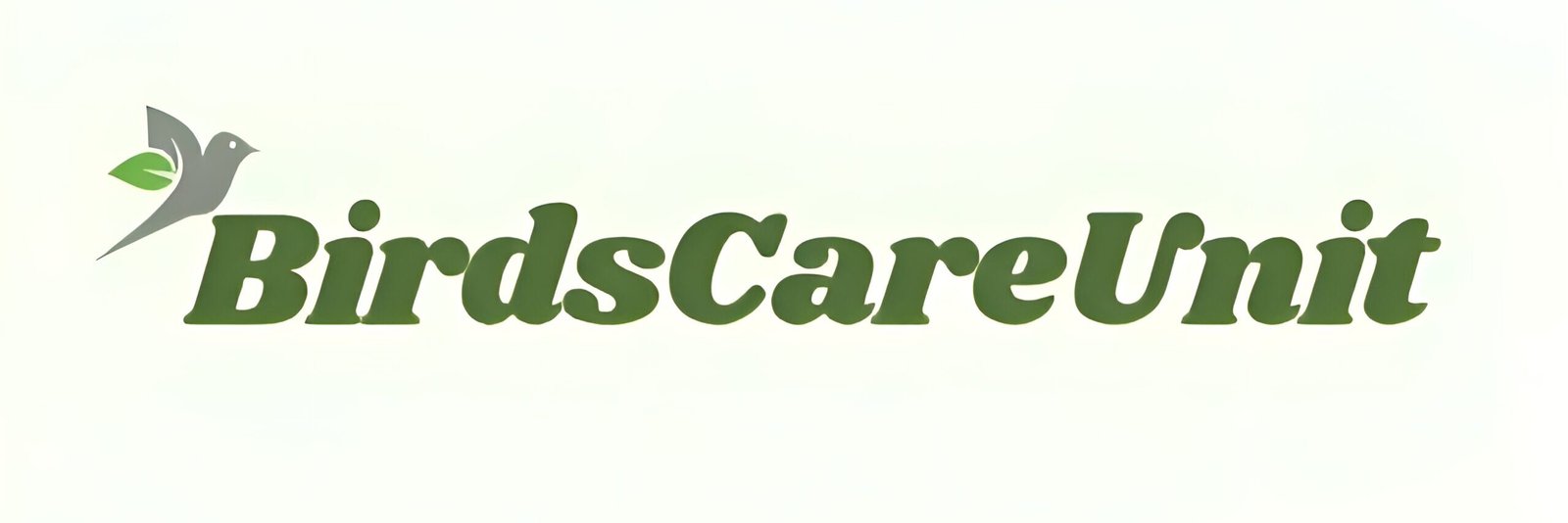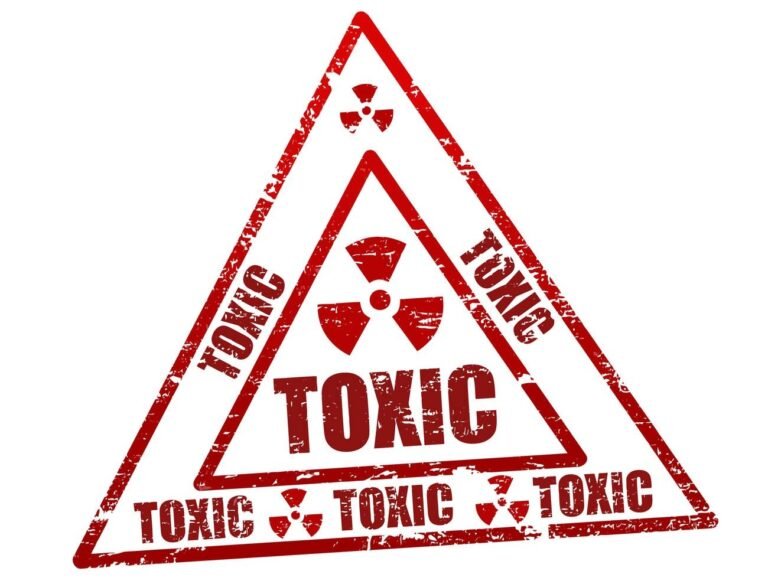Why is My Cockatiel Bird Not Eating or Drinking?

Breeding pet birds has been my passion since childhood, and among all pet birds, cockatiels hold a special place in my heart due to their unique features and behaviors. My journey began at the age of 16 when a friend gifted me a pair of cockatiels for my birthday. This moment sparked my dedication to bird-rearing. Over the years, I faced many challenges while building a small cockatiel farm, but this is only the beginning—my goal is to create a much larger bird farm.
However, raising birds is not always easy. Cockatiels, like other pet birds, are prone to various health issues, which can lead to them not eating or drinking. As a bird owner, this has caused me a great deal of concern. In today’s blog post, I want to discuss the common reasons why cockatiels may stop eating or drinking and provide solutions to help manage these issues.
Understanding and Addressing Your Cockatiel’s Loss of Appetite and Thirst
Introduction
Cockatiels are active, sociable birds, but sometimes they experience a loss of appetite or thirst. Understanding the reasons behind this can help prevent serious health issues. There are several possible reasons why your bird may refuse food or water, including stress, illness, dietary changes, and environmental factors. As bird owners, it’s vital to quickly recognize the signs and take appropriate action.
1. Stress Management: How Stress Affects Cockatiel Eating Habits
Stress is one of the most common reasons cockatiels may stop eating or drinking. Birds are sensitive to changes in their surroundings, and even small adjustments like moving their cage or introducing new pets can cause stress. Here’s how to recognize and manage stress in your cockatiel:
Recognizing Stress in Cockatiels: Look for symptoms such as restlessness, feather plucking, or unusual vocalization. Loss of appetite often accompanies these signs.
How to Reduce Stress: Identify potential stressors in your bird’s environment. Ensure the cage is in a quiet location, free from loud noises and sudden movements. Limit the introduction of new pets or frequent changes to your bird’s environment.
Stress Relieving Activities: Providing mental stimulation through toys, training sessions, and a routine can reduce stress. Regular handling and interaction with your cockatiel help build trust and comfort.
2. Health Assessment: Could Illness Be the Cause?
A cockatiel that suddenly refuses to eat or drink may be suffering from an underlying health issue. Recognizing illness early is critical for your bird’s survival. Here’s how to assess your bird’s health:
Signs of Illness in Cockatiels: Lethargy, changes in droppings, puffed-up feathers, and labored breathing are common signs of illness. If you notice any of these signs along with a refusal to eat or drink, it’s crucial to consult an avian vet.
Veterinary Care: Schedule a vet visit for an examination. Diagnostic tests like blood work or fecal analysis may be necessary to determine the cause. Early intervention can save your bird’s life.
Common Cockatiel Diseases: Respiratory infections, gastrointestinal issues, and liver disease can cause a loss of appetite. Parasites and bacterial infections can also impact their health.
3. Dietary Considerations: Ensuring Proper Nutrition
Sometimes, changes in diet can lead to your cockatiel refusing food. Birds are creatures of habit, and they may not immediately accept new food types. Here’s how to manage dietary changes and ensure your cockatiel gets the nutrition it needs:
Balanced Diet for Cockatiels: Ensure your cockatiel’s diet includes a mix of seeds, pellets, fresh fruits, and vegetables. Avoid feeding too many seeds, as this can lead to nutritional deficiencies.
Gradual Dietary Changes: If you’ve recently changed your bird’s diet, introduce new foods slowly. Cockatiels may refuse unfamiliar foods at first, so patience is key.
Common Food Preferences: Some cockatiels prefer specific fruits or vegetables. Experiment with different foods to find what your bird likes, but avoid harmful foods such as avocado, chocolate, and caffeine.
4. Environmental Optimization: Create the Right Setting
The environment your cockatiel lives in plays a major role in its overall well-being. Poor cage conditions, improper lighting, or inadequate cleaning can lead to your bird losing interest in food and water. Here’s how to optimize your cockatiel’s environment:
Optimal Cage Setup: Ensure the cage is spacious, clean, and equipped with various perches. Cockatiels enjoy climbing and exploring, so providing enough stimulation is essential for their mental and physical health.
Temperature and Humidity: Birds are sensitive to temperature extremes. Maintain a comfortable temperature range (65-80°F) and adequate humidity. Sudden changes in temperature can affect their appetite and behavior.
Fresh Water: Always provide fresh, clean water. Stale or contaminated water can deter your cockatiel from drinking. Make sure to change the water daily and clean the dish regularly.
5. Physical Discomfort: Injuries or Discomfort
If your cockatiel is injured or physically uncomfortable, it may refuse to eat or drink. Injuries can happen from accidents in the cage or while flying. Here’s how to identify and address physical discomfort in your cockatiel:
Checking for Injuries: Gently examine your bird for any signs of injury, such as limping, wing drooping, or visible cuts. If your bird is in pain, it may avoid eating or drinking.
Perch Comfort: Ensure that the perches in your bird’s cage are of varying sizes and textures. This promotes healthy feet and prevents discomfort from prolonged perching on unsuitable surfaces.
Veterinary Help for Injuries: If you notice any signs of physical discomfort or injury, seek immediate veterinary assistance to prevent further complications.
6. Monitoring and Follow-Up: Consistent Care for Recovery
If your cockatiel has started eating or drinking again, don’t assume the issue is fully resolved. Continuous monitoring is essential to ensure your bird’s long-term health. Here’s how to maintain proper care and follow-up:
Track Eating and Drinking Habits: Keep a journal of your bird’s eating and drinking habits. This will help you spot any recurring issues and take action sooner.
Regular Vet Checkups: Schedule regular visits with an avian veterinarian to ensure your cockatiel remains in good health. Early detection of health issues is key to long-term well-being.
Nutritional Supplements: If recommended by your vet, provide supplements to help your bird regain its strength, especially after illness.
Conclusion
A cockatiel’s refusal to eat or drink can be alarming for any bird owner. Understanding the possible causes, from stress and illness to dietary changes and environmental factors, will help you take swift action. Always consult an avian vet for proper diagnosis and treatment, as their specialized knowledge is crucial in keeping your cockatiel healthy. With the right care, you can help your feathered friend regain its appetite and stay happy and active.


